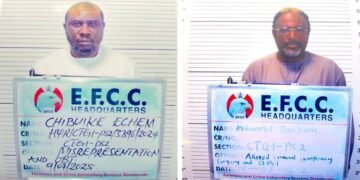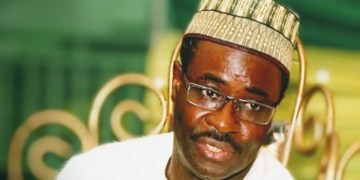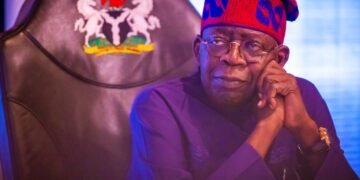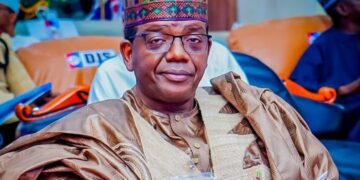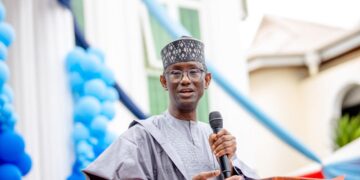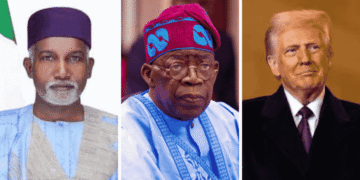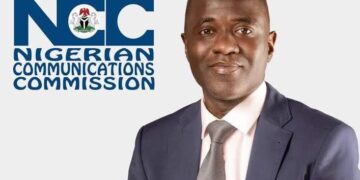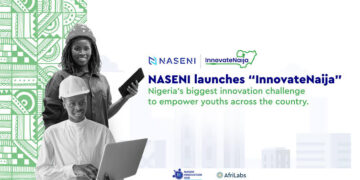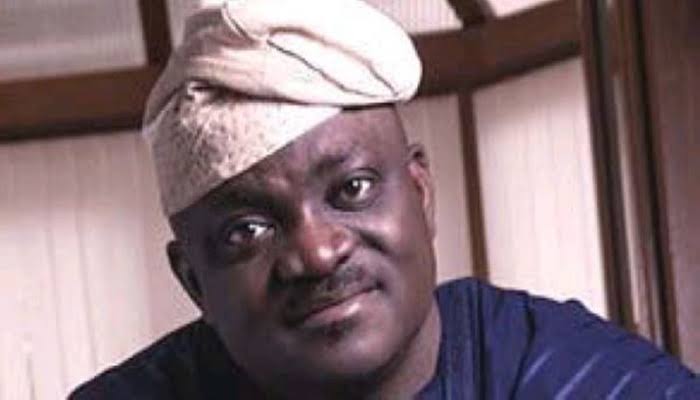The Security Watch Newtork for Good Governance (SecWatch), a civic advocacy group committed to promoting transparency and accountability in governance, has called on the House of Representatives and the Independent Corrupt Practices and Other Related Offences Commission (ICPC) to make public their findings on the alleged bribery and extortion scandal involving the House Committee on Recruitment Racketeering.
In a statement signed by its Convener, Mal. Abdullahi Maikano, the group expressed deep concern that the revelations published by Premium Times in September 2023 on the bribery scheme involving Hon. Wole Oke and other lawmakers and top officials of tertiary institutions had been “surreptitiously swept under the carpet.” The SecWatch described the silence surrounding the matter as “a dangerous signal that emboldens corruption in the legislature and deepens public mistrust in Nigeria’s democratic institutions.”
The Premium Times investigation had detailed how the House Committee on Recruitment Racketeering in Ministries, Departments, and Agencies (MDAs)—originally set up to uncover corruption—became entangled in a complex web of bribery and illicit financial flows. Central to the scheme was Honourable Oluwole Oke, a member of the House of Representatives representing Obokun/Oriade Federal Constituency of Osun State, and the Lead British International School (LBIS), a private institution in which Mr. Oke holds a 75 per cent ownership stake.
According to the report, the committee—led by Mr. Oke and chaired by Yusuf Gagdi—allegedly compelled heads of federal tertiary institutions, including vice-chancellors, rectors, and provosts, to pay bribes ranging from N2 million to N3 million each under various guises. The funds were allegedly channelled through Ama Business Solutions, a company linked to an Abuja-based bureau de change operator, Abubakar Sambo, who confirmed to reporters that his firm’s accounts were used in the transactions.
Premium Times uncovered that the illicit payments were subsequently converted to foreign currency through Mr. Sambo’s parallel market operations and handed over in cash to intermediaries connected to the committee. Investigations further revealed that Mr. Sambo’s long-standing business relationship with Lead British International School created a convenient conduit for laundering the bribe proceeds without leaving a paper or digital trail.
Despite the gravity of the allegations, the House Committee is reported to have moved swiftly to stage a cover-up—recalling some of the implicated vice-chancellors and rectors to publicly deny their involvement under oath. Analysts have described this as an attempt to sanitise the narrative and absolve implicated lawmakers.
Following the publication, the ICPC had announced an investigation into the matter after receiving a petition from Premium Times. However, months after the public disclosure and the Commission’s acknowledgment of the petition, no findings have been released, nor has any prosecution commenced.
The Security Watch Network for Good Governance condemned the apparent inertia, noting that the anti-corruption agency’s silence “sends a wrong message that lawmakers are above the law.” According to Mal. Maikano:
“When a member of the National Assembly is implicated in an elaborate bribery ring that undermines the very essence of public trust, the country cannot afford silence. The people deserve to know what became of the ICPC’s investigation and what actions the House of Representatives has taken to purge itself of this stain.”
He further emphasized that Hon. Wole Oke’s dual role—as the initiator of the committee and majority owner of the school allegedly used to launder the bribe funds—“makes him the central figure in one of the most scandalous abuses of legislative privilege in Nigeria’s recent history.”
The group argued that the scandal not only undermines Nigeria’s anti-corruption commitments but also ridicules the National Assembly before the international community. “If the legislature, the institution responsible for oversight, becomes a marketplace for inducement, then the moral foundation of governance collapses,” the statement added.
The SecWatch therefore called for a reopening of the case, urging the House leadership to make its internal findings public and for the ICPC to transparently brief Nigerians on the status of its probe. “This is not merely about punishing wrongdoing; it is about restoring faith in public office and sending a clear signal that integrity still matters in Nigeria’s democracy,” Mal. Maikano said.
“This case, anchored on clear evidence of illicit payments, use of bureau de change channels, and perjury before a parliamentary committee, represents a critical test of Nigeria’s willingness to cleanse its political system of entrenched corruption.
“The Nigerian people are watching,” the SecWatch concluded. “Whether this case is reopened and pursued to its logical conclusion will determine if this government is truly committed to accountability—or content with cosmetic reform.”

